This university turned its sports oval into a farm, rooftop into a garden
Amid the pandemic, the De La Salle Araneta University has transformed its sports oval and a building rooftop into green-leafy-veggie farm where residents nearby can purchase at very affordable prices.
Prof. Ma. Sheila Cabidog, a faculty member of DLSAU and faculty staff of its Strategic Communications Office, said that De La Salle Araneta University, located along Victoneta Avenue in Potrero, Malabon City, is the only school in the National Capital Region that has a farm inside its campus.
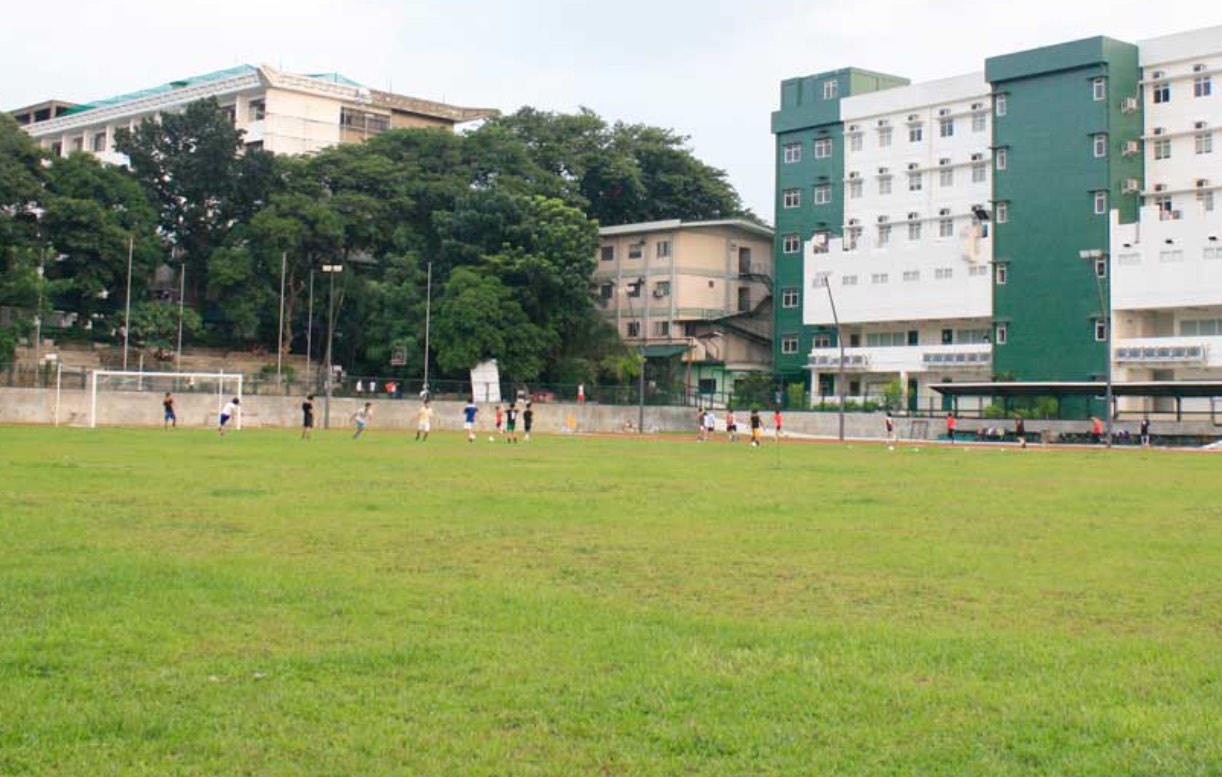
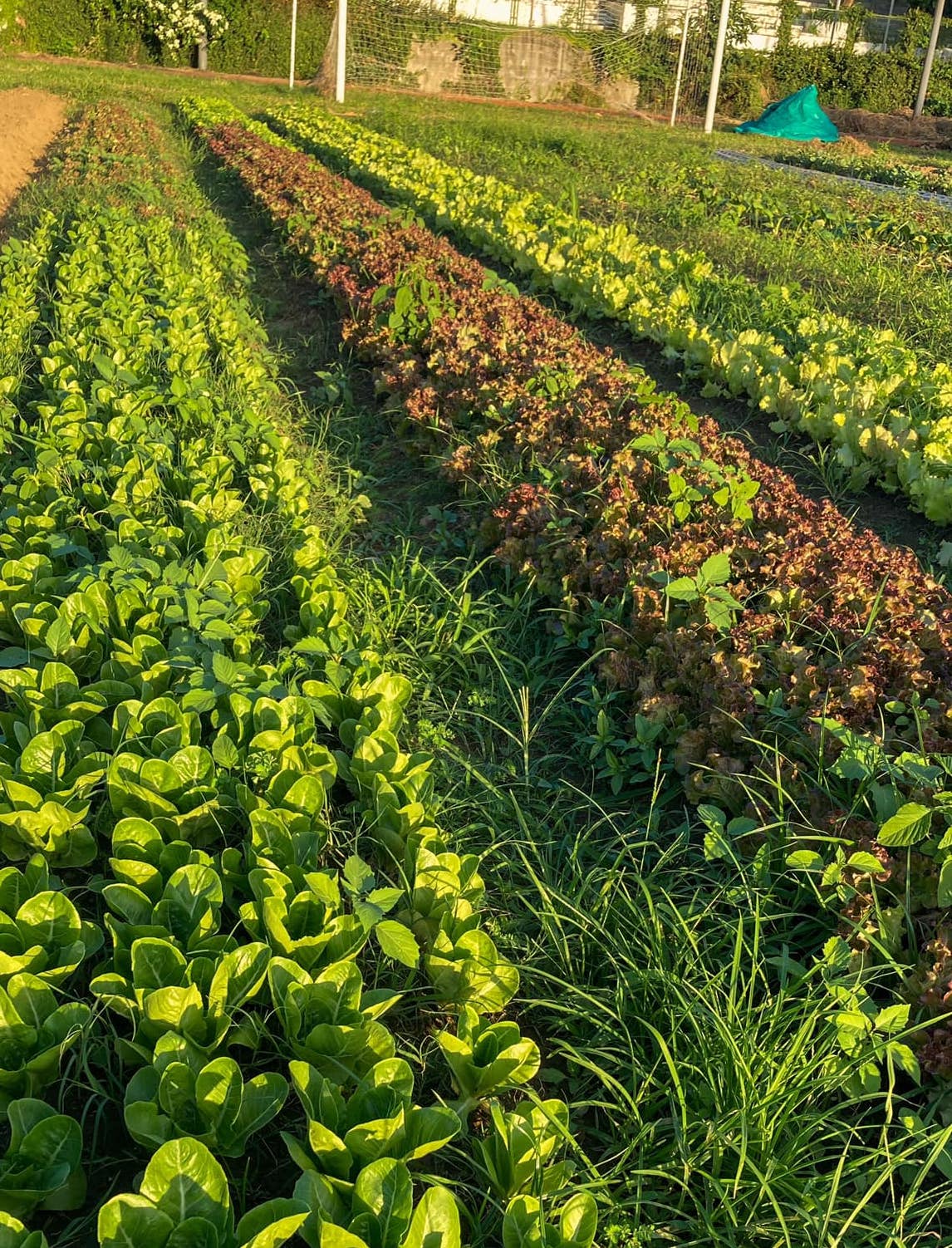
The oval-turned-farm and rooftop garden are currently producing romaine lettuce, red hot chilies, and Chinese kale. “At De La Salle Araneta University, it was not just the mode of learning of students that changed because of the pandemic, its sports oval transformed as well and turned into a green-leafy-veggie farm!” Cabidog said. “And just like magic, one of its building rooftops, the LSB (Life Science Building), metamorphosed into a rooftop-veggie-garden too. DLSAU has a campus market where fresh veggies and other farm-produced food are being sold to the public.”
Cabidog said the project, dubbed as “Sprouts,” was initiated in 2020 by then university president Dr. Bjorn Santos.
The DLSAU Campus in Malabon also has the Salikneta Market inside where farm-grown veggies, fruits, fresh meats, farm fresh eggs are available every Wednesdays and Saturdays. Salikneta stands for Saliksik sa Araneta (Research in Araneta).
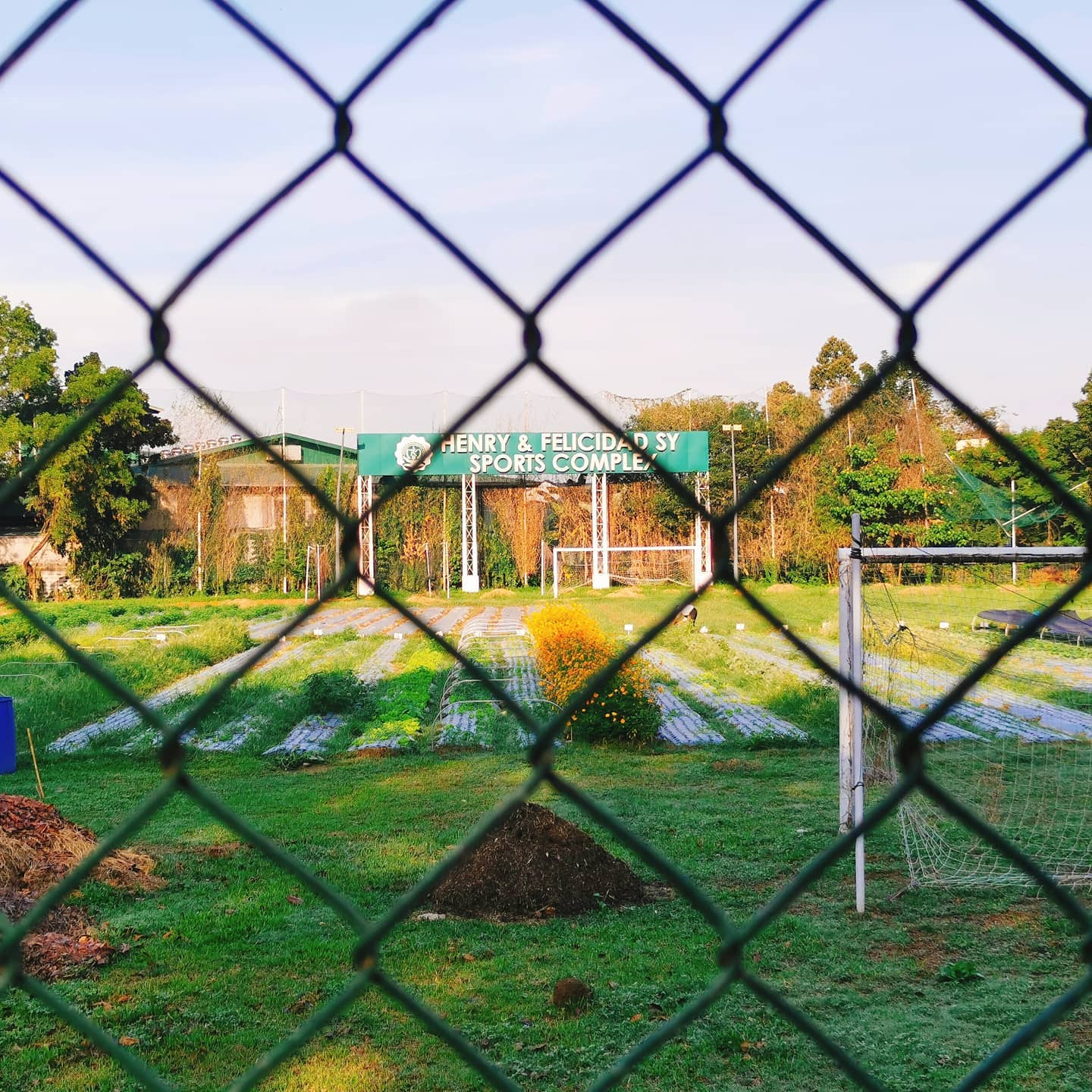
She said the veggies and other food sold in the campus market are produced in their oval farm, rooftop garden and in the Salikneta Farm (Vulcan campus). The products are pesticide-free, farm eggs are antibiotic-free, fresh pork meats are ASF-free, processed meats have no preservatives, concentrated juices—such as calamanco and bignay concentrates—are all fresh and natural, pickled products have no preservatives, and their bottles of honey are certified pure.
Cabidog said the project, dubbed as “Sprouts,” was initiated in 2020 by then university president Dr. Bjorn Santos.
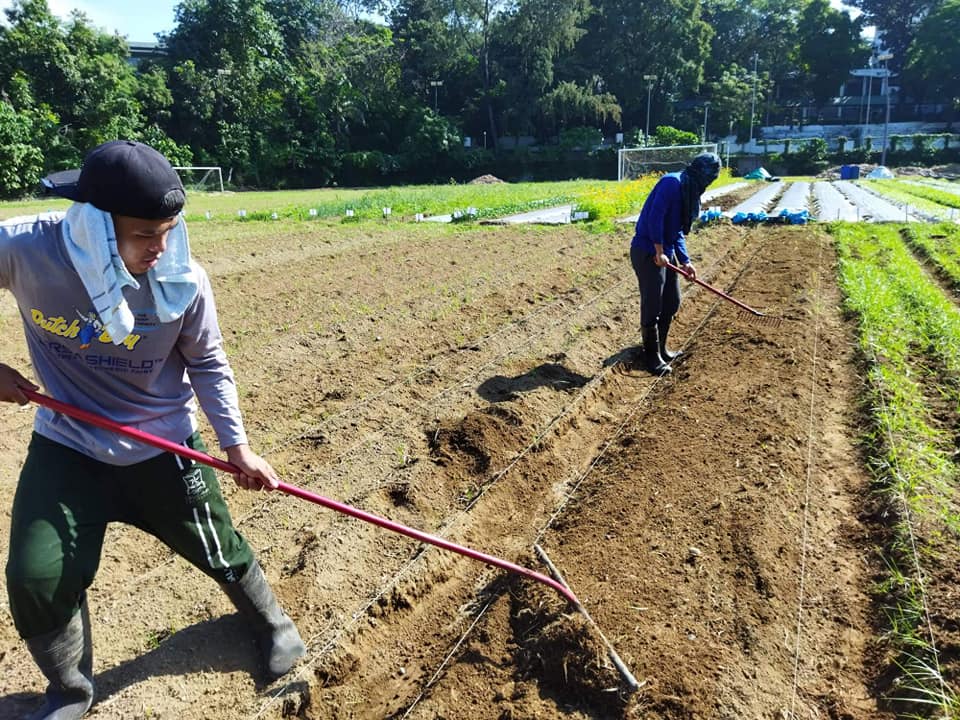
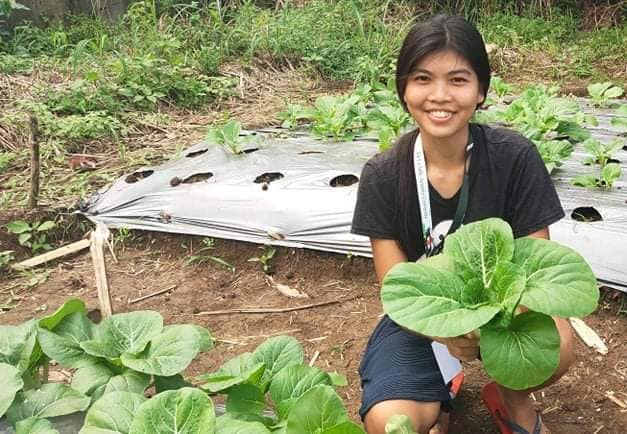
Its aim is to fund the scholarships of their BS-Agriculture students and provide additional workdays with pay to their maintenance staff who have been affected by the pandemic.
Cabidog said that at present, Alyssa Cabtalan, a licensed DLSAU BS Agriculture alumna of the university supervises, the crop production with the help of the maintenance personnel Kuya Manny, Mang Jose, and Kuya Edmar, some of their BS Agriculture students, and the DLSAU-Salikneta administration and staff.
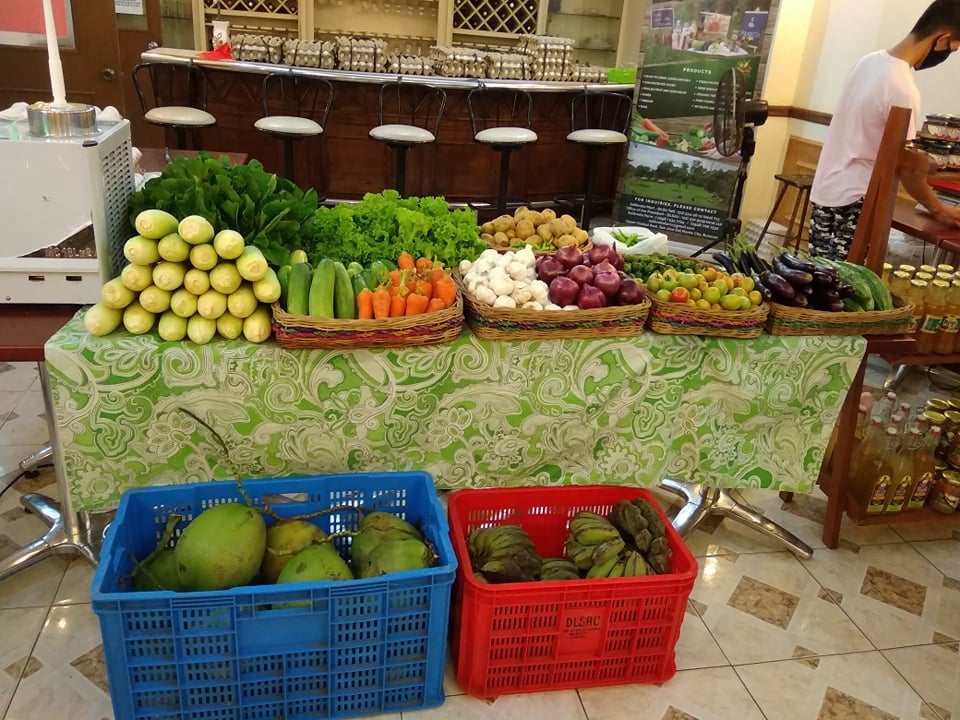
The DLSAU main campus in Malabon houses the basic education, tertiary education, and graduate school programs of the university. The Salikneta Farm in Bulacan became a practical teaching and research laboratory of DLSAU students enrolled in Agriculture, Agribusiness, Veterinary Medicine, Forestry, Food Technology , and Biology programs of DLSAU and other Lasallian schools. The Bulacan campus now houses the BS Agriculture program of the University.
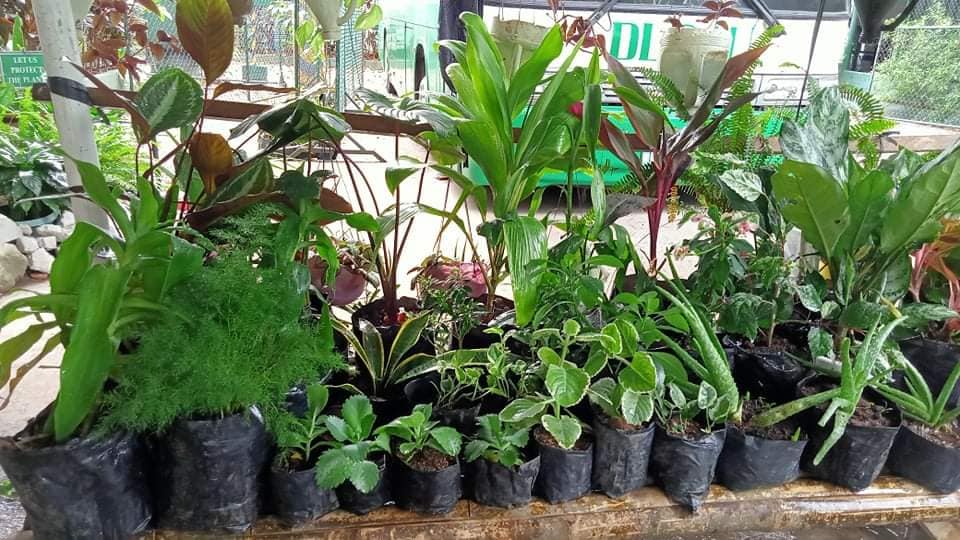
The FDA Licensed Food Processing Plant of Salikneta Farm is a food manufacturing unit that links the Salikneta produce to consumers by converting them into processed foods that are delectable and profitable. The FDA-licensed food processing plant of Salikneta Farm was established specifically for dairy processing, however, its involvement expanded to other farm produce—making fruit juices, concentrate, wines, pickled vegetables and processed meats. It is a self-sustaining and an income generating unit for Salikneta.

“Every purchase of Salikneta products goes to our BS Agriculture Scholarship Fund, a fund that aims to help our students go to school and pursue their dreams,” Cabidog said.


